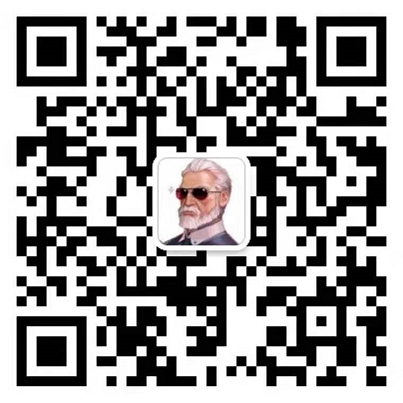author: admin time:2020-12-21 09:26
The measured source or Huygens box antenna representation has become an increasing popular solution to create accurate computational models of measured source antennas for the numerical analysis of antenna placement on complex platforms such as satellites. The equivalent representation of the measured antenna is obtained through the equivalent current (EQC) or inverse source technique, which is a measurement post-processing method that represents the measured antenna in terms of equivalent electric and magnetic currents on a surface conformal to the antenna. This technique enables computation of complex antenna scenarios in which the source antenna is physically available but the computational details are unknown. This is often the case for space antenna
testing in which antennas from different suppliers are integrated on a platform representing the complex scenario.
In this paper, the validation of this technique in space antenna testing application is presented. The test object is a GNSS antenna mounted on a Sentinel satellite mock-up (both designed, manufactured and measured by RUAG SPACE) working at 1227 and 1575 GHz. Preliminary results of this validation activity have been previously presented. This paper reports on the full validation activity.
Download:www.mvg-world.com/en/system/files/a17-0046.pdf
Phone: 139 2280 1117
Tel: +86 755 8356 6617
Email: michael.chan@preston-thornton.com
Address: Flat/RM 803, Chevalier House, 45-51 Chatham Road South, Tsim Sha Tsui, KL, Hongkong
